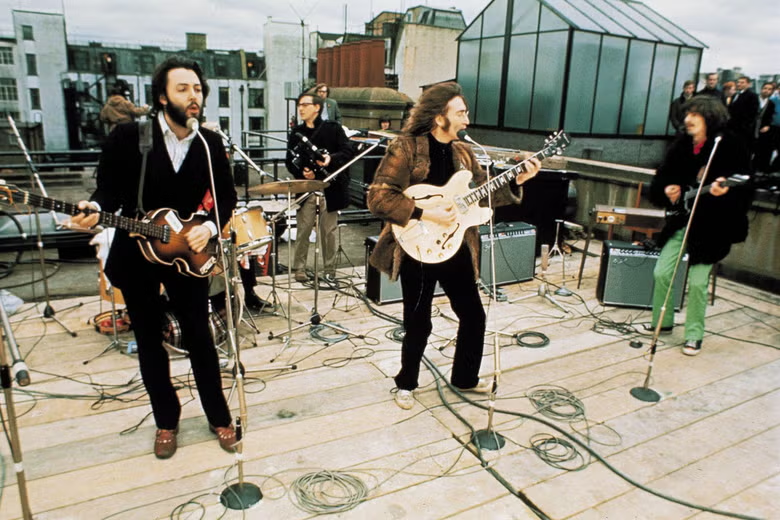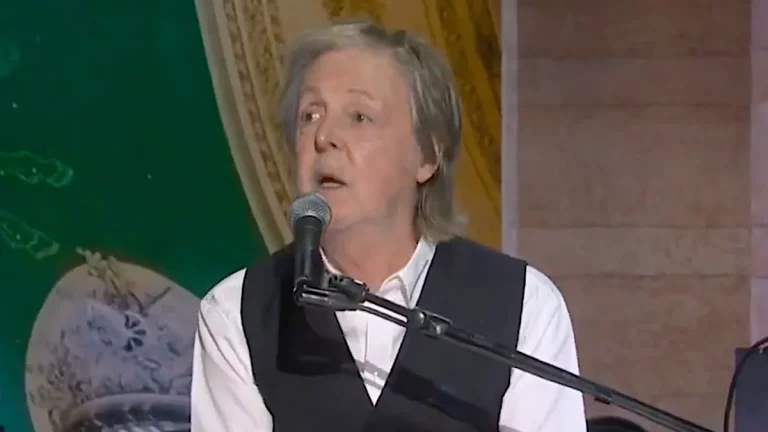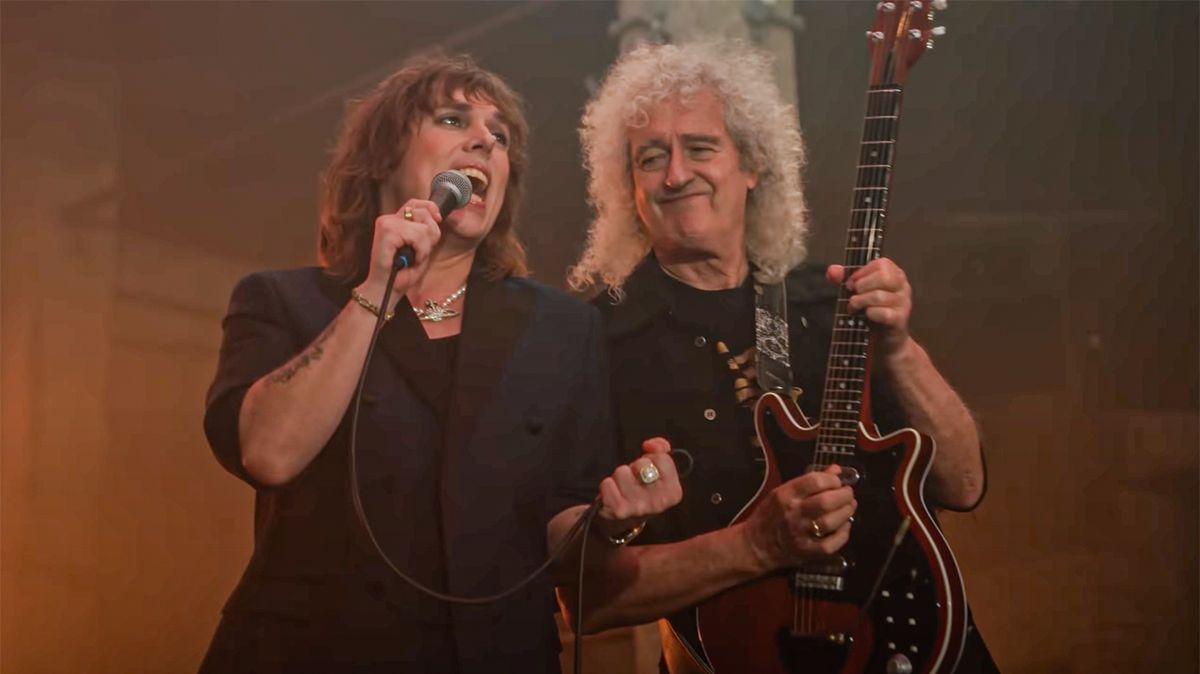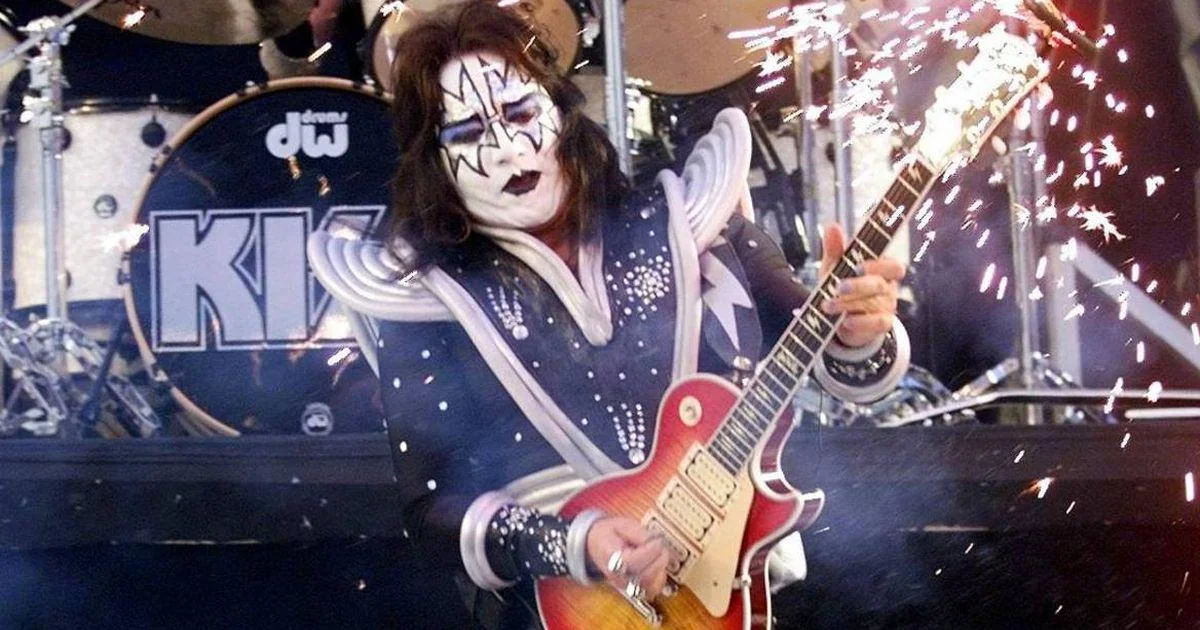Five Words That Changed Everything “The Beatles Land in America”
In February 1964, inside the buzzing terminals of John F. Kennedy International Airport, four young musicians stepped into a storm they didn’t create—but were about to command. The Beatles had conquered the United Kingdom. America, however, wasn’t fully convinced. Cameras flashed. Reporters pushed forward. The mood was a mix of excitement and doubt. To many … Read more






